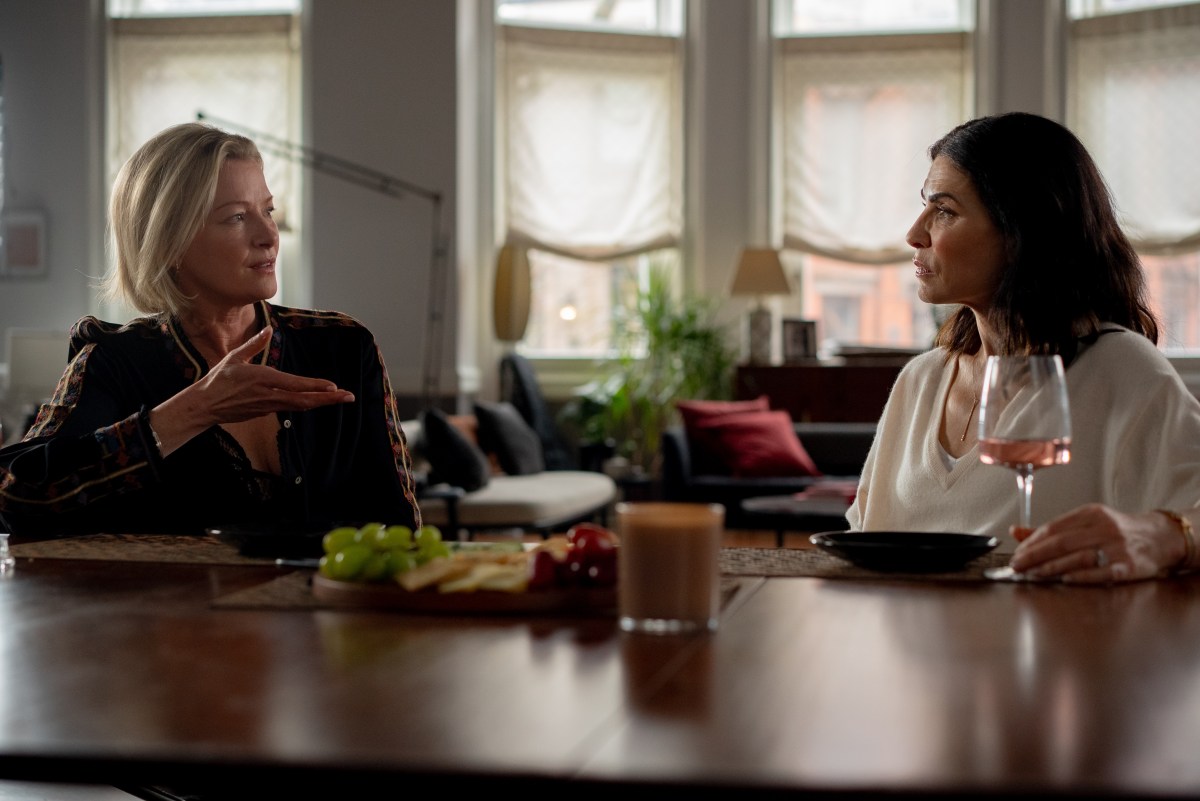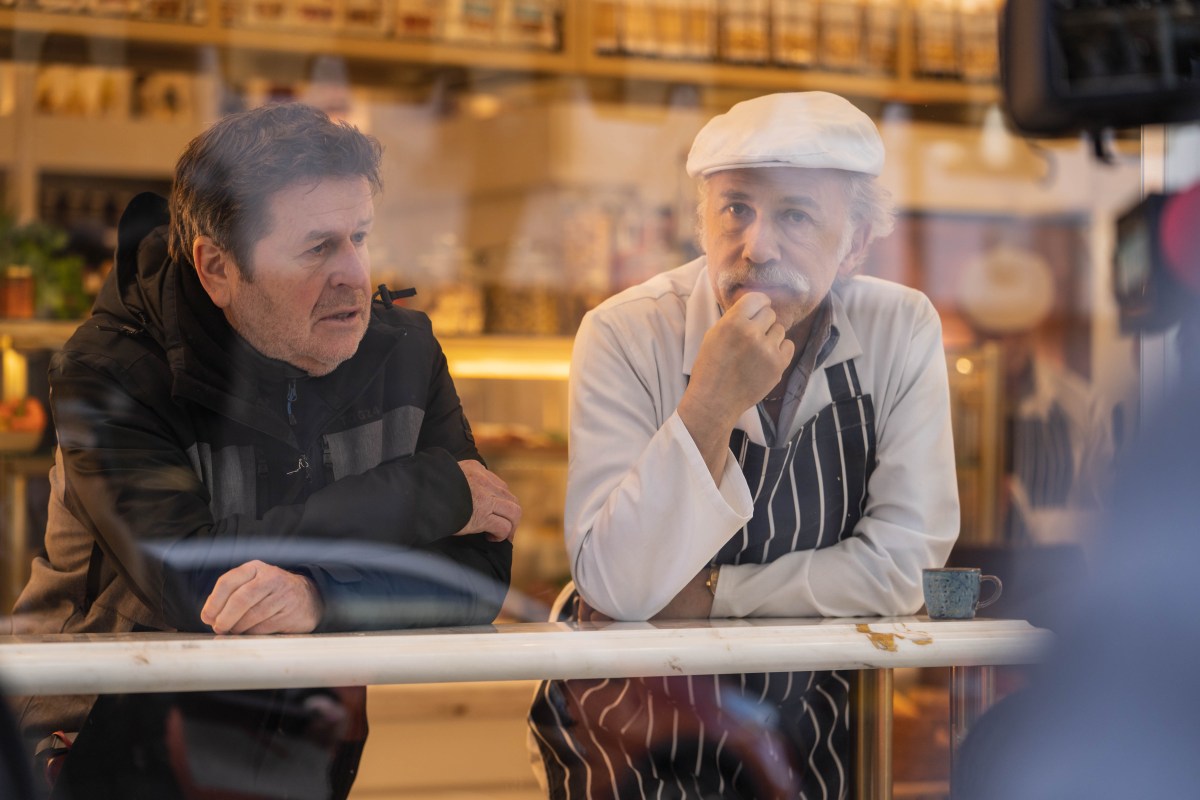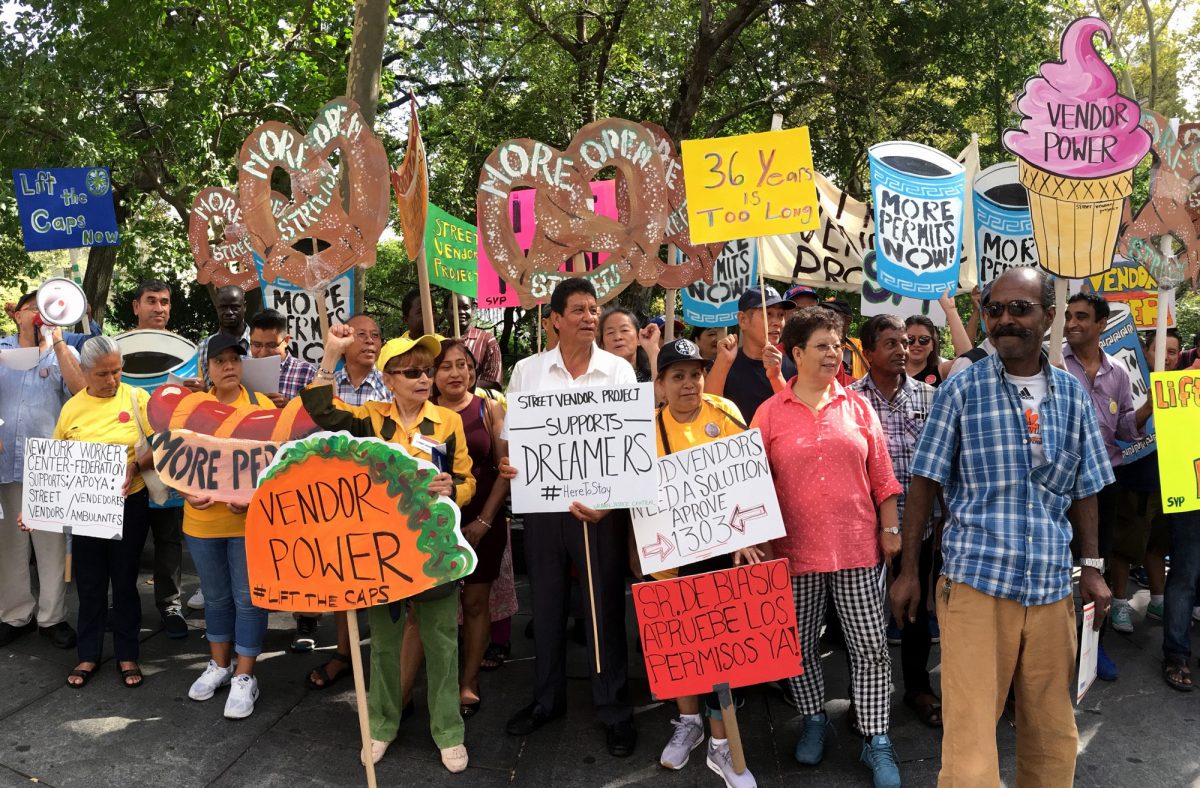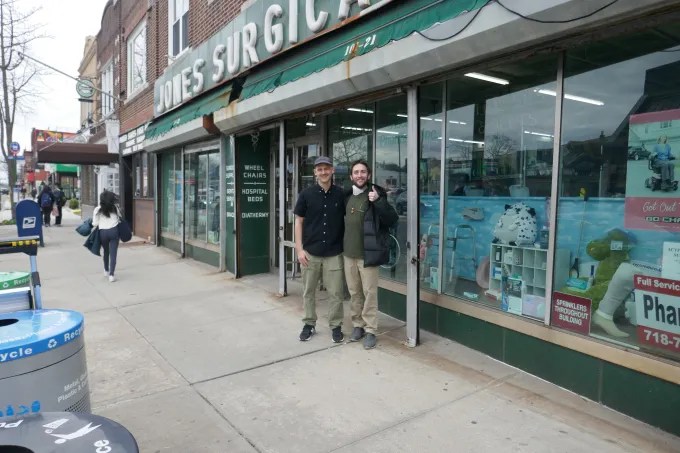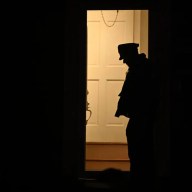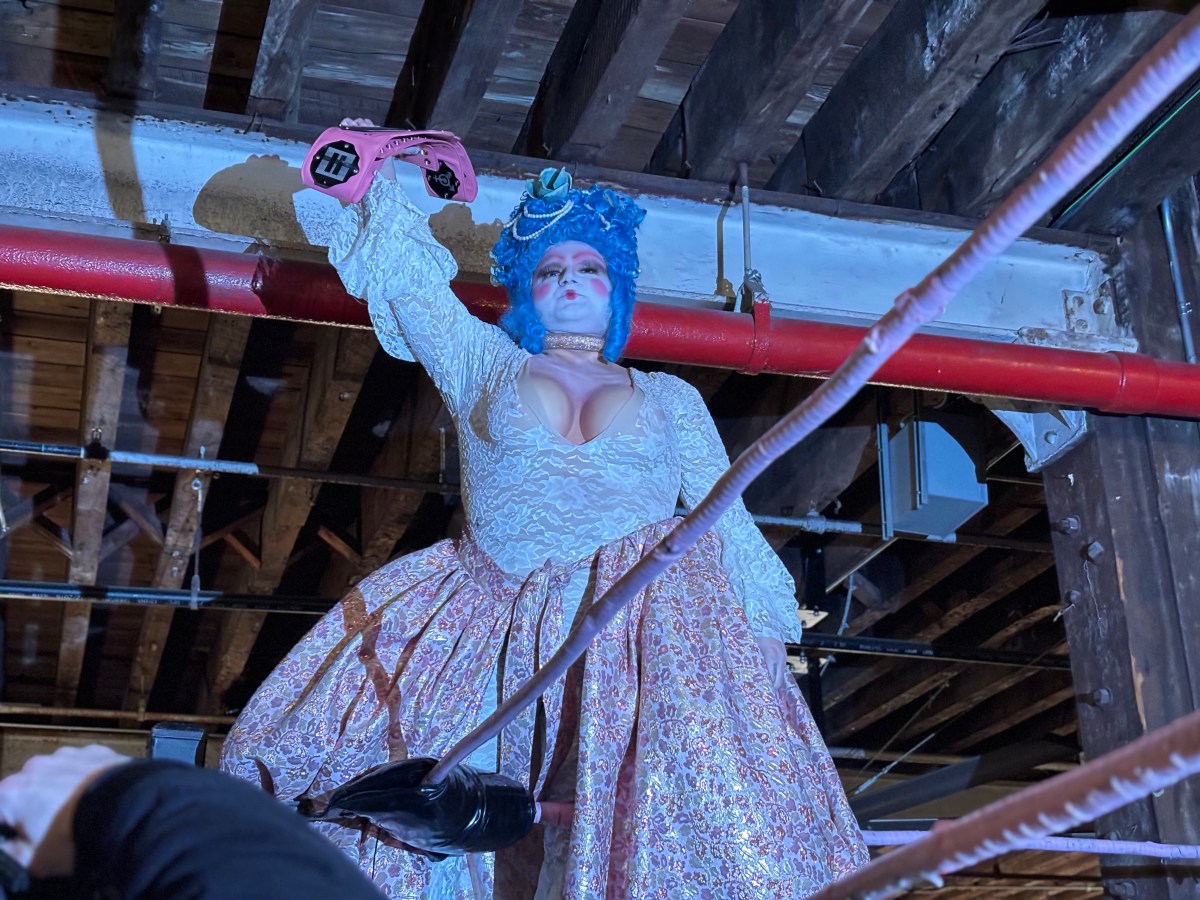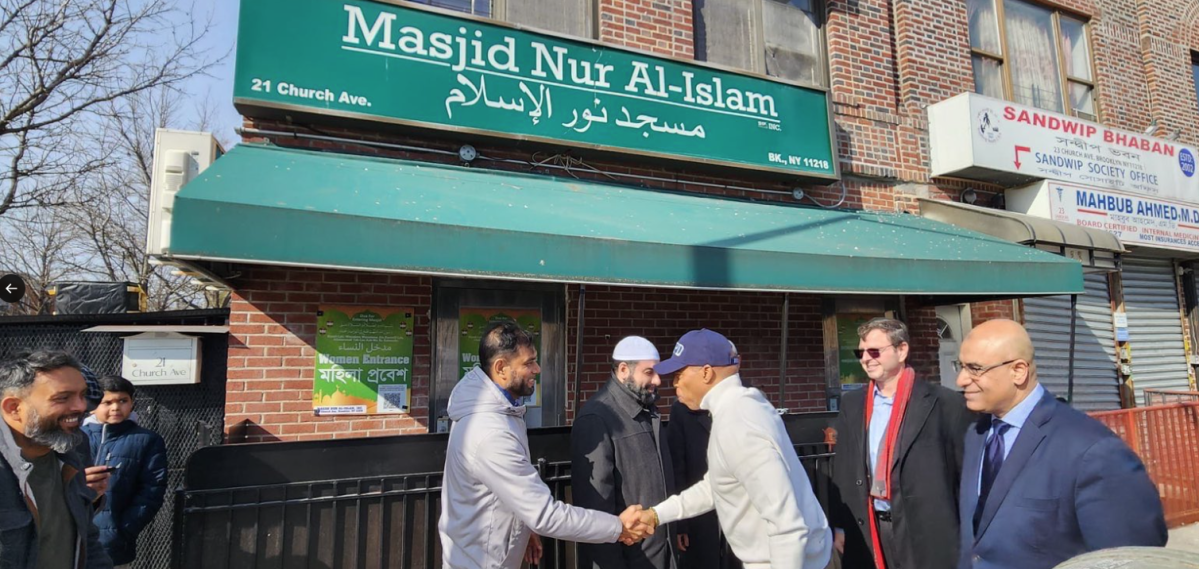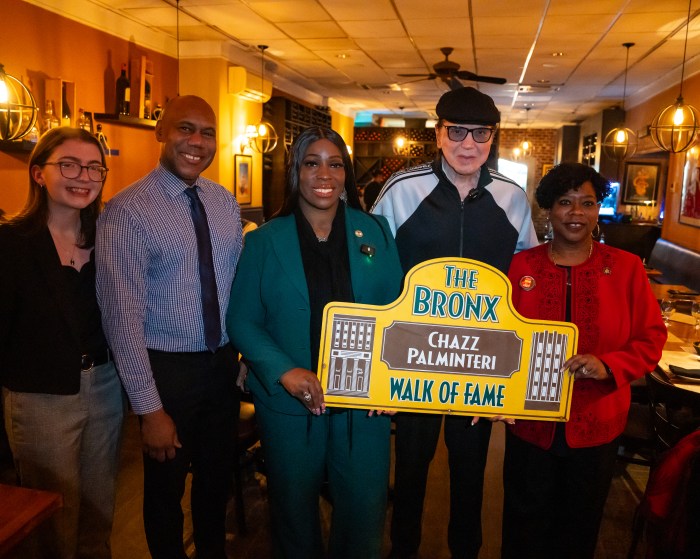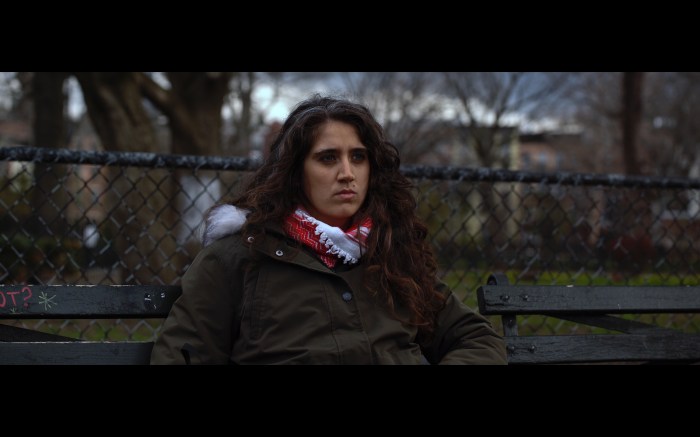
From the 1920s until 1973, the vast majority of women serving in the New York Police Department were part of the Policewomen’s Bureau, largely guarding and searching female prisoners and working with juvenile aid kids.
In his new book, “The Policewomen’s Bureau,” out May 28, former NYPD detective Edward Conlon looks at the group through the fictionalized life of Marie Cirile, who worked for the department from the mid-1950s to mid-1970s.
Conlon — whose 2004 memoir “Blue Blood” was a highly regarded bestseller — retired in 2011 to work on the book but returned in 2018, currently serving as director of executive communications for Commissioner James P. O’Neill.
amNewYork spoke with the Bronx resident, 54, about his book.
What made you feel compelled to tell this story?
[Marie] was really looking to open things up in the police department, to be a real detective, and ultimately she succeeded. But it was not an easy or direct path. And additionally, the domestic violence she was experiencing with her husband, who was also an NYPD officer, just made it very, very difficult in real life but dramatically very rich. … The police department did not, in many, many ways, treat her very well, but in other ways it was uniquely fair among American institutions — it paid men and women the same. That’s a gigantic thing, it really can’t be underestimated.
Was there any pushback from the NYPD?
No. It’s the past and it’s fiction. I didn’t have pushback when I wrote “Blue Blood” and that was nonfiction.
How much research was talking with Marie versus searching through records?
I think the problem, for at least a writer like me in a project like this, is an overreliance on research, a belief that you need to know more and more and more and more before you get down and write it. I was calling cops of a certain age with all kinds of tiny details — how much overtime were you able to get; for women, how much maternity leave did you get. I wanted the texture of life more than a case or a crime or a plot circumstance. So I did quite a bit of research … but I didn’t need to know as much as I wanted to know.
Did you talk with Marie’s family?
With her kids I did. But I wrote the book first and showed it to them afterwards. I felt both a responsibility to tell her story the way she wanted it told and constantly had to remind myself that it wasn’t a biography. The real responsibility is to the reader, to make the story real to them, even if the historical record might have been slightly different.
What was their reaction?
I think they had some mixed feelings. They had a more nuanced view of their father than their mother did. … They made some suggestions, which I did change. But other than that I think they were content that their mother would have liked the book. It deals with some pretty raw, painful stuff that they were in the middle of.



